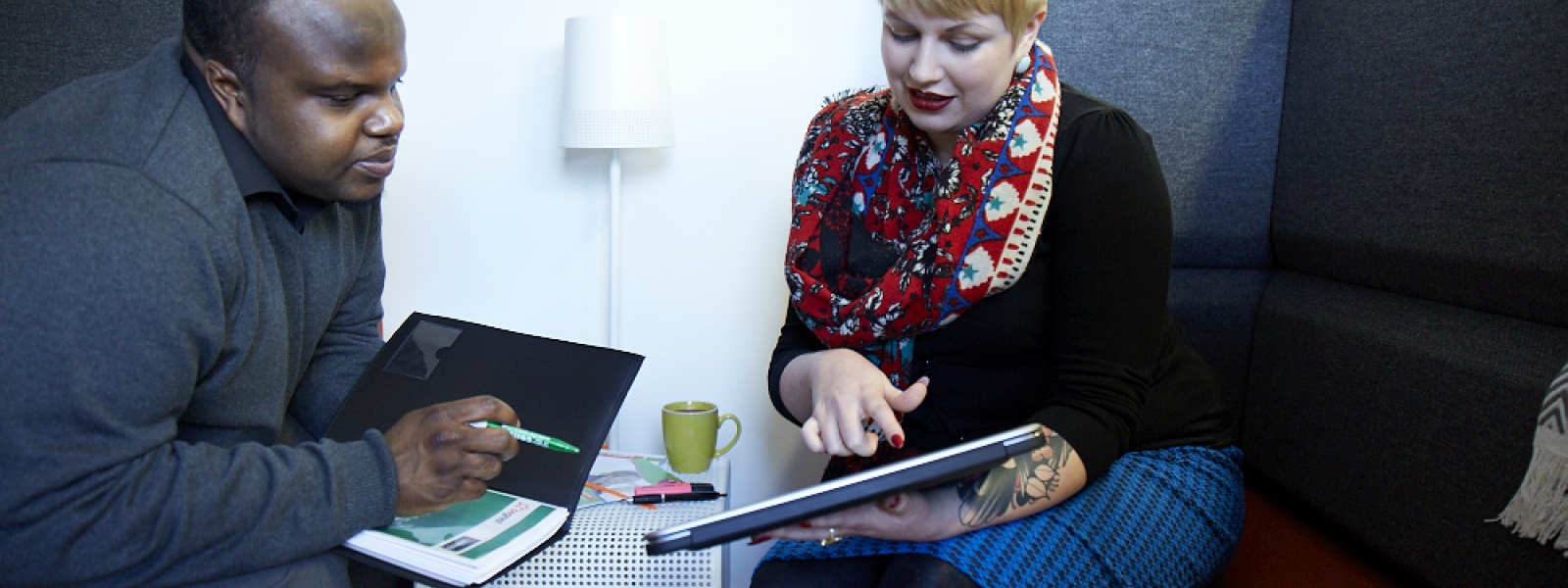Jan
26
2018
How to improve your communication skills at work
With emails, phone calls, meetings, letters, and endless other forms of communication whizzing around the workplace it becomes easy to lose the real meaning of a message. You would expect that having so many opportunities for communication would make getting your message across (or even understanding what people are telling you) easier, but the reality is quite different.
Knowing how to express yourself effectively in the workplace is vital, not only for productivity reasons, but also for your own personal development. Being able to communicate clearly will allow you to get stuff done, whilst also minimising confusion, crossed wires, and any chaos that ensues. Here are a few tips to get you started on the road to clear communication.
1. Make it a two way process
Most of us are guilty of either talking too much, or not talking enough. Effective communication relies on both parties doing their fair share of talking and listening. Ask questions, actively listen, and create a conversation. This will keep everyone engaged and encourage them to take information on board.
2. Tackle difficult issues
No one likes dealing with difficult issues, but things need to get sorted if you want to be an effective communicator. Leaving problems unspoken will only magnify the issues, and before you know it large rifts start to occur.
3. Build rapport
If you have a good relationship with your colleague, they’re more like to listen to what you have to say. Find a mutual ground and build on it; smile and be open and you’ll win them over in no time! Once you have established rapport, communicating effectively will start to become much easier.
4. Chose the right transmission method
Knowing which method to communicate with can be integral to the success of relaying the message. If you have a quick question about a project then don’t send an email; instead go over and ask them in person! You’ll save so much time. Choose your method wisely, whether it’s an email, phone call, meeting, letter, or even a presentation.
5. Are there any prejudices, experiences or knowledge through which your audience will filter your messages?
Often people’s own experiences and opinions can filter your message and even distort what you’re actually trying to say. Before you start the communication, think about how the other person might interpret your message. You can then use this to adjust you language and have a more effective exchange.
To learn more about being an effective communicator, take a look at our Communication in the workplace course or browse our other communication courses here.


